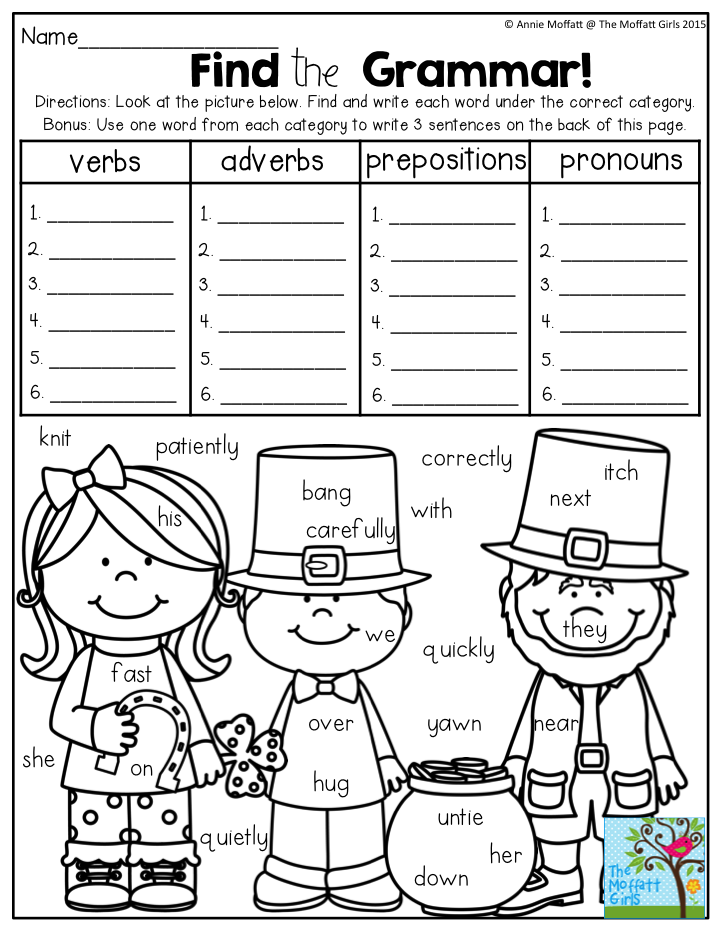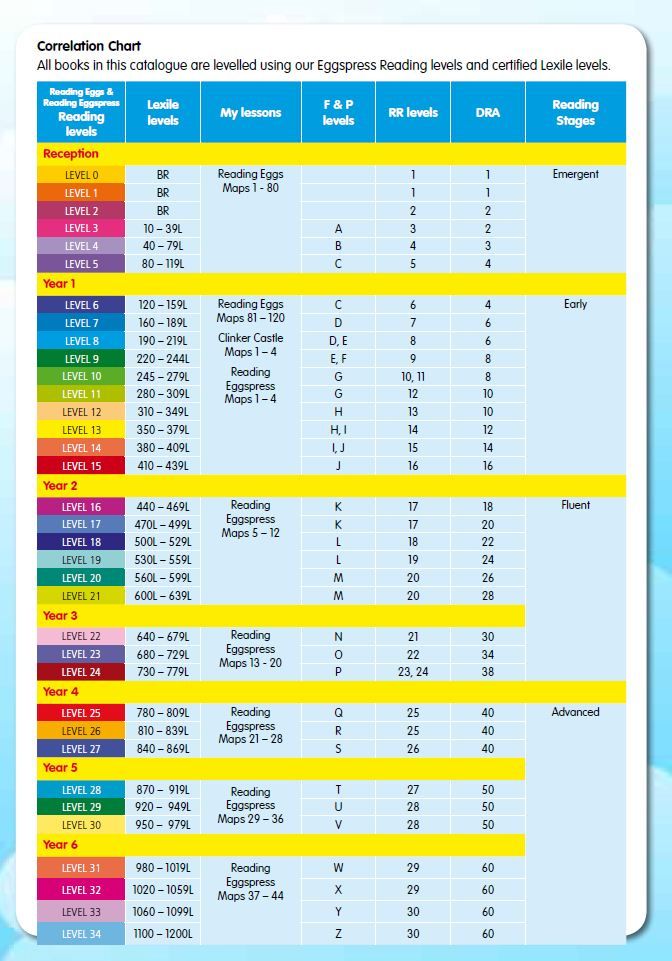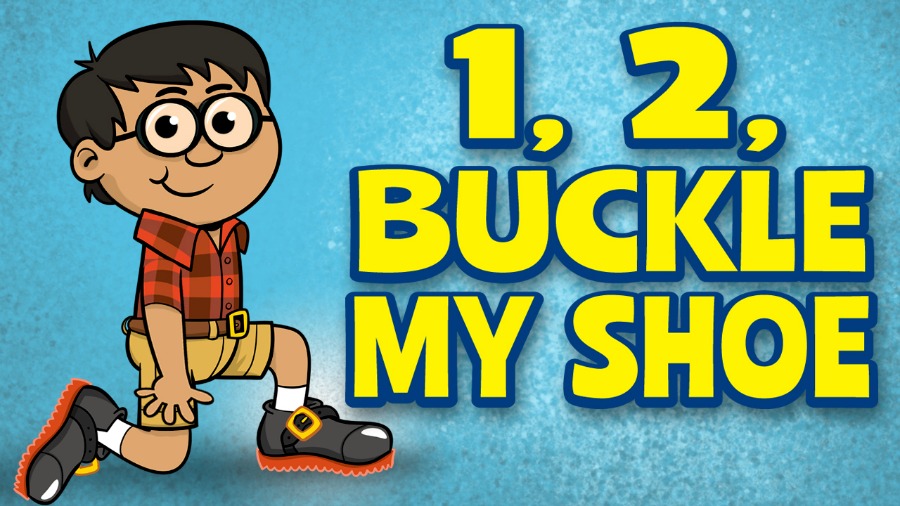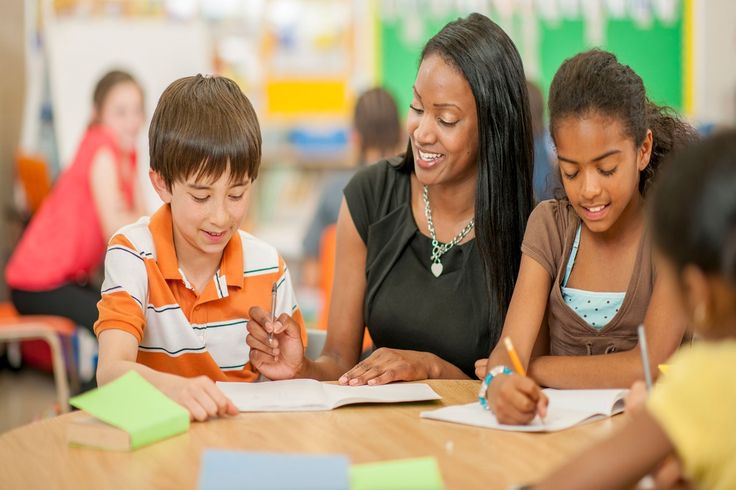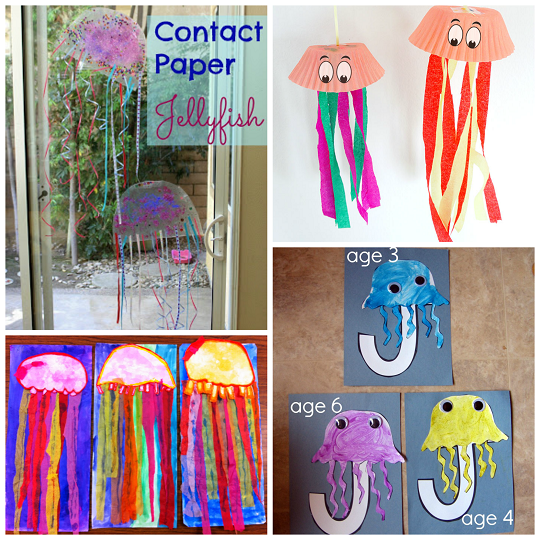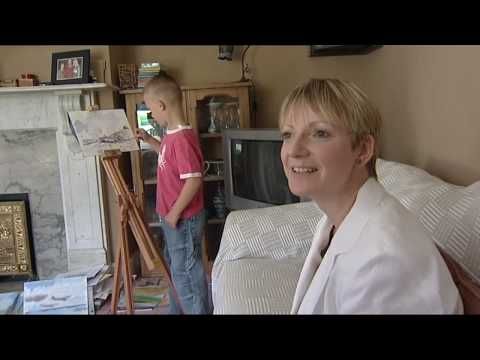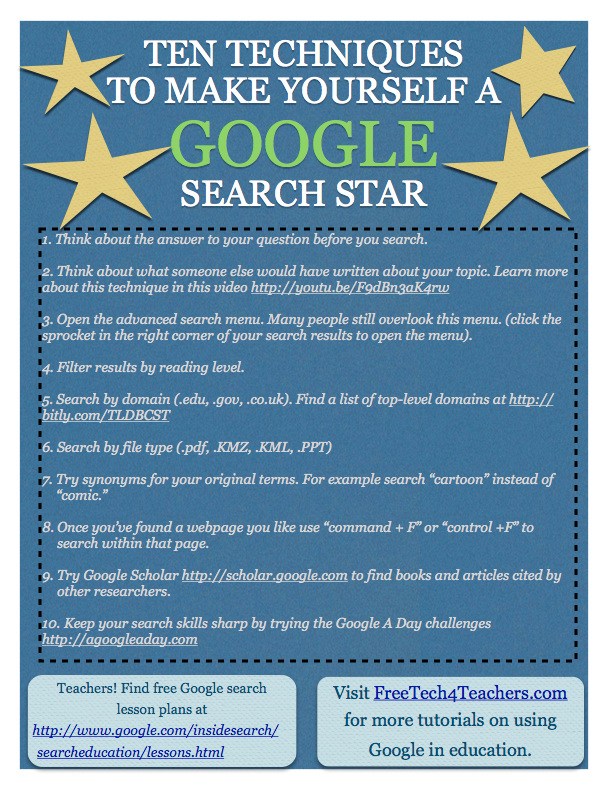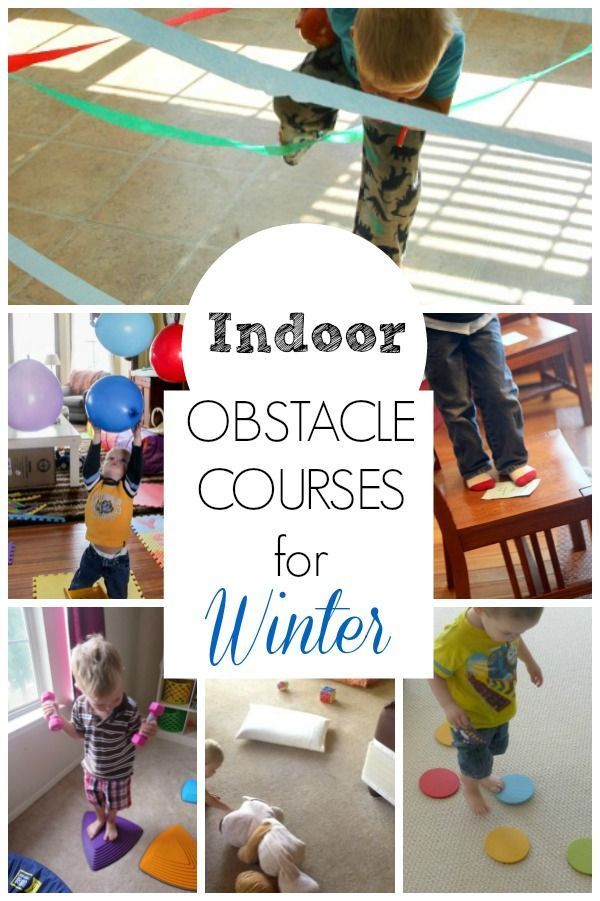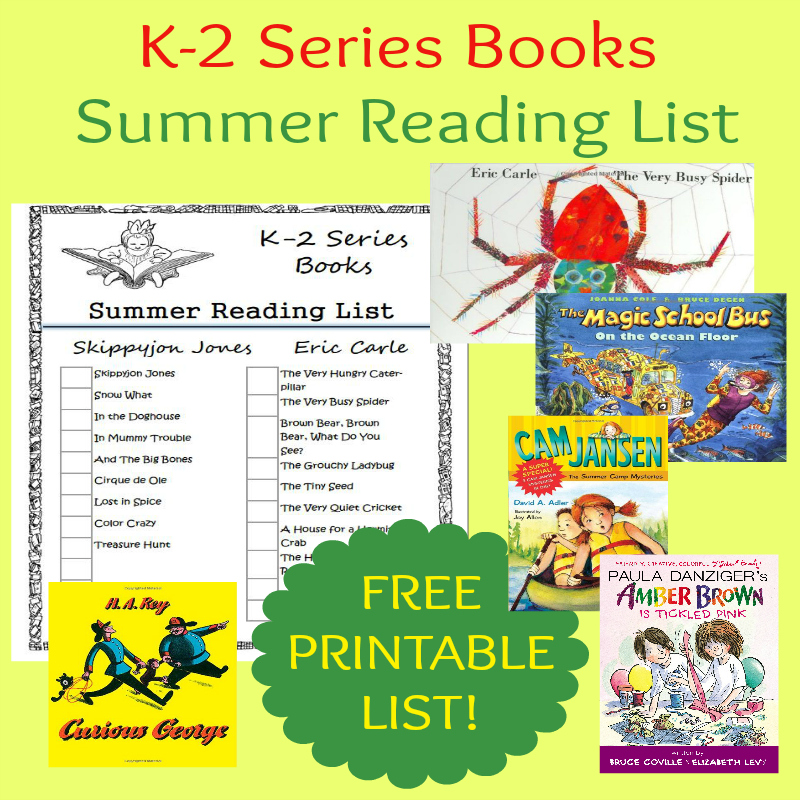Fun first grade writing activities
Writing Activities for Your First Grader
Try these writing ideas at home
List maker
Ask your child to help you make a grocery list or a "to-do" list for weekend chores. Your child can dictate the list as you write, to model the process. Then switch roles, and ask your child to write the list as you dictate.
Family letters
Help your child write letters to relatives and friends. These may include thank you notes or just a special note to say hello. Be sure to send your child a letter or card once in awhile too so that she is reminded of how special it is to get a letter in the mail. And consider finding a pen pal for your child.
Family stories
Ask your child to draw a picture of a family activity and then write a sentence about it below the picture. Encourage your child to say the sentence and write letters to match the sounds in each word. Then have your child read what she wrote. Display the story on the refrigerator or a bulletin board — and celebrate the work!
Reader's theater
Encourage your child to read her stories out loud. Listen carefully with patience, and give positive feedback about her ideas and her writing!
Bookmaker
Turn your child's writing into books! Paste her drawings and writings on pieces of construction paper. For each book, make a cover out of heavier paper or cardboard, and add special art, a title, and her name as author. Punch holes in the pages and cover, and bind the book together with yarn or ribbon.
Field notes
Encourage your child to take notes on trips or outings, and to describe what she saw, using all of her senses. This could include a description of a walk outside, a ride in a car or a bus, or other events that lend themselves to note taking.
Message board
Hang a family message board in the kitchen and leave notes there for your child. Encourage your child to write a message back and post it to the board.
Label it
Young children love to name things! Ask your child to write out labels for the rooms and objects in your house.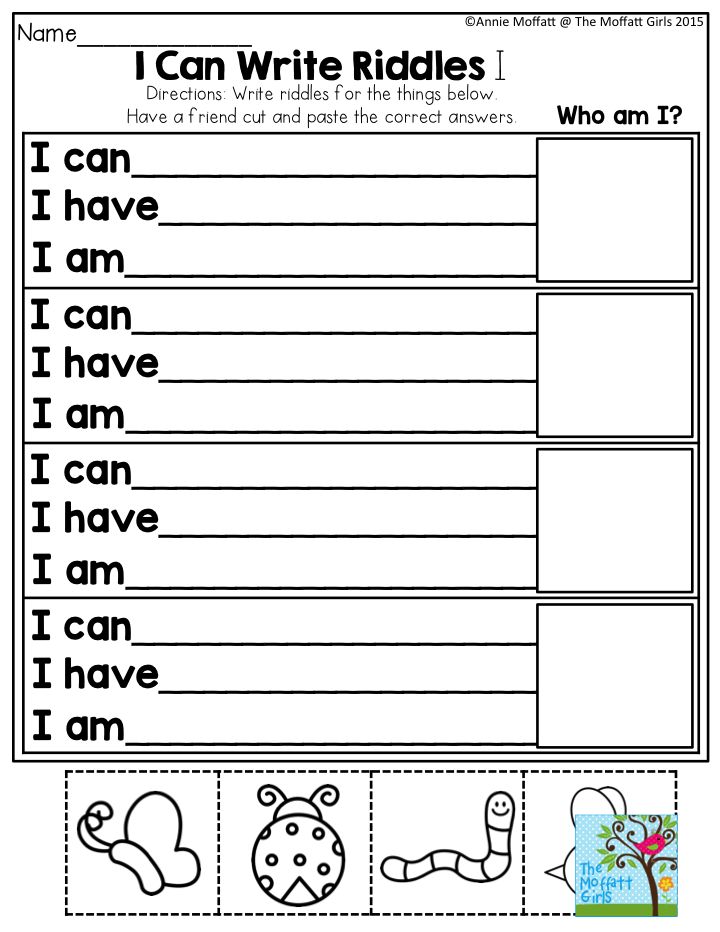 Don't worry about invented spellings! Help your child safely tape them up for temporary display. See a real-life example in this blog post, Using but confusing, with laundry.
Don't worry about invented spellings! Help your child safely tape them up for temporary display. See a real-life example in this blog post, Using but confusing, with laundry.
Make practice fun!
Give your child opportunities to practice writing by helping her sign birthday cards and make lists. As your child gets older, write together — have your child help you with the writing you do, including writing letters, shopping lists, and messages.
Young reporter
Encourage your child to take notes on trips or outings, and to describe what she saw. This could include a description of nature walks, a boat ride, a car trip, or other events that lend themselves to note-taking.
Writing to remember
If your child likes a particular song, suggest that she learn the words by writing them down. Also encourage copying favorite poems or quotations from books and plays.
Reader's theater
Encourage your child to read her stories out loud. Listen carefully without interrupting, and give her positive feedback about her ideas and her writing!
Play a game with pictures
Photos and images are great story sparkers.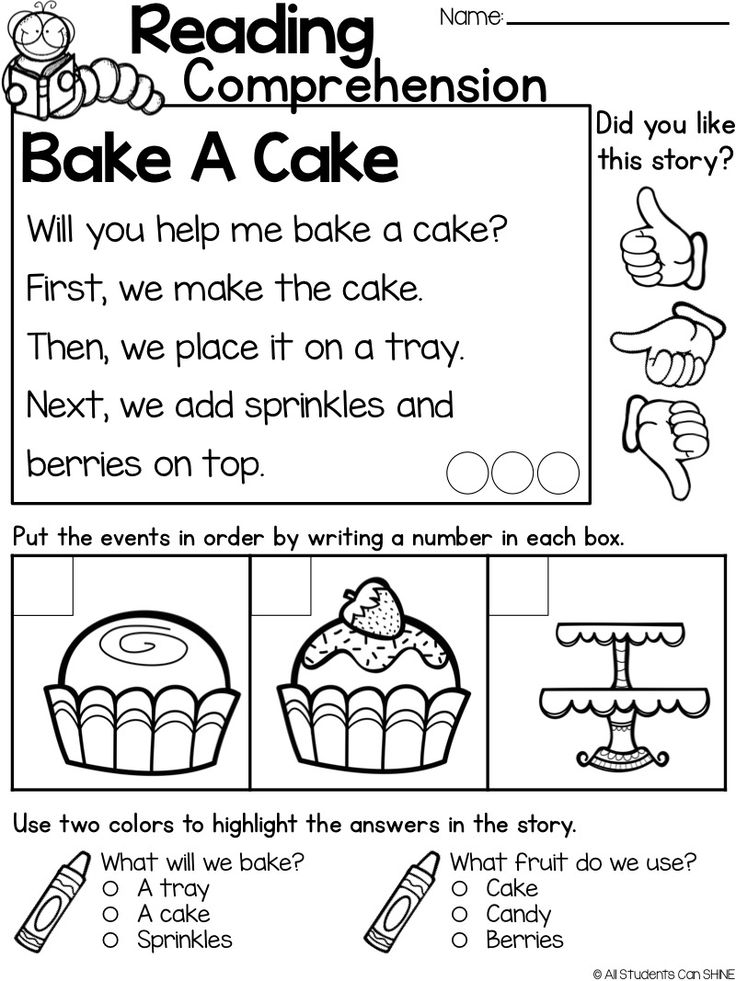 Do a web search and find a few interesting images. Or cut out pictures from magazines. The pictures can be realistic, such as a photo of students on a playground. Or they can be fantastical images, such as a superhero flying in space. Glue a couple images into a notebook. Then ask your child to write about one of them. You can prompt her, asking her to include what she sees, what the people are thinking, what will happen next—or just let her imagination run free.
Do a web search and find a few interesting images. Or cut out pictures from magazines. The pictures can be realistic, such as a photo of students on a playground. Or they can be fantastical images, such as a superhero flying in space. Glue a couple images into a notebook. Then ask your child to write about one of them. You can prompt her, asking her to include what she sees, what the people are thinking, what will happen next—or just let her imagination run free.
Make an “I can” book
As your child learns to write, she’ll also be learning other new skills. Making an “I Can” book will let her practice writing skills and keep track of her other accomplishments. Staple together a bunch of blank sheets of paper to make a book. As your child reaches a new milestone, such as learning to tie her shoes or hit a baseball, she can draw a picture on a new page of the book. Younger kids can then write, “I can tie my shoes.” Older kids can write a few sentences about what they’ve accomplished.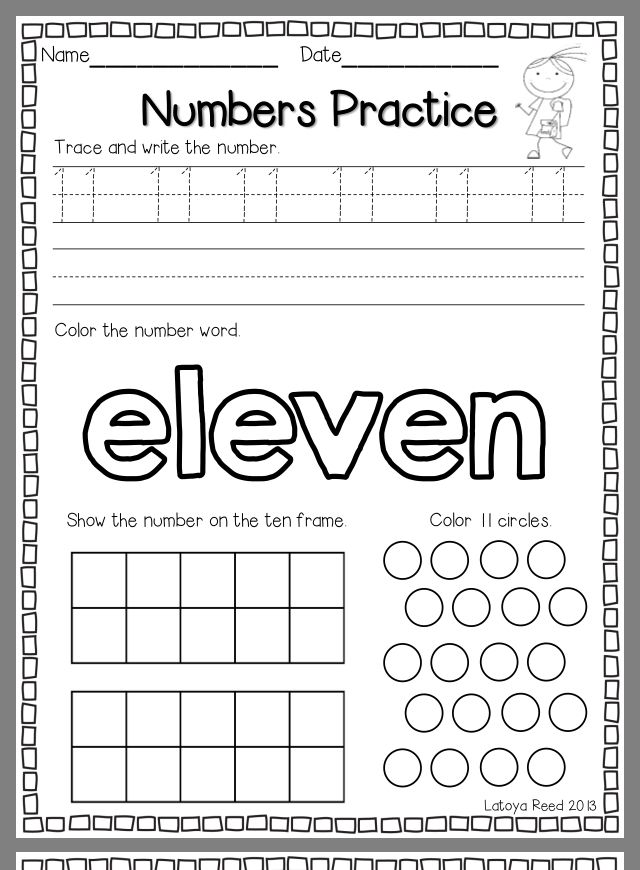
Create a family scrapbook
A family scrapbook is a great way to save memories and jump-start your child’s writing. Use an inexpensive photo album to keep souvenirs of things you do together. This can include photos, ticket stubs, and found objects, like pretty leaves. Your child can begin by writing the date and a line about where you were and what you did. Then, you can work together to write a more detailed summary. Don’t forget to include funny or even annoying moments!
Foster a love of writing with your first grader
This video is from Home Reading Helper, a resource for parents to elevate children’s reading at home provided by Read Charlotte. Find more video, parent activities, printables, and other resources at Home Reading Helper.
50 Fun First Grade Writing Prompts (With Printable)
DESCRIPTION
first grade classroom writing prompts
SOURCE
FatCamera / E+ / Getty
PERMISSION
Used under Getty Images license
First graders are just starting to understand the magic of communicating their thoughts in writing.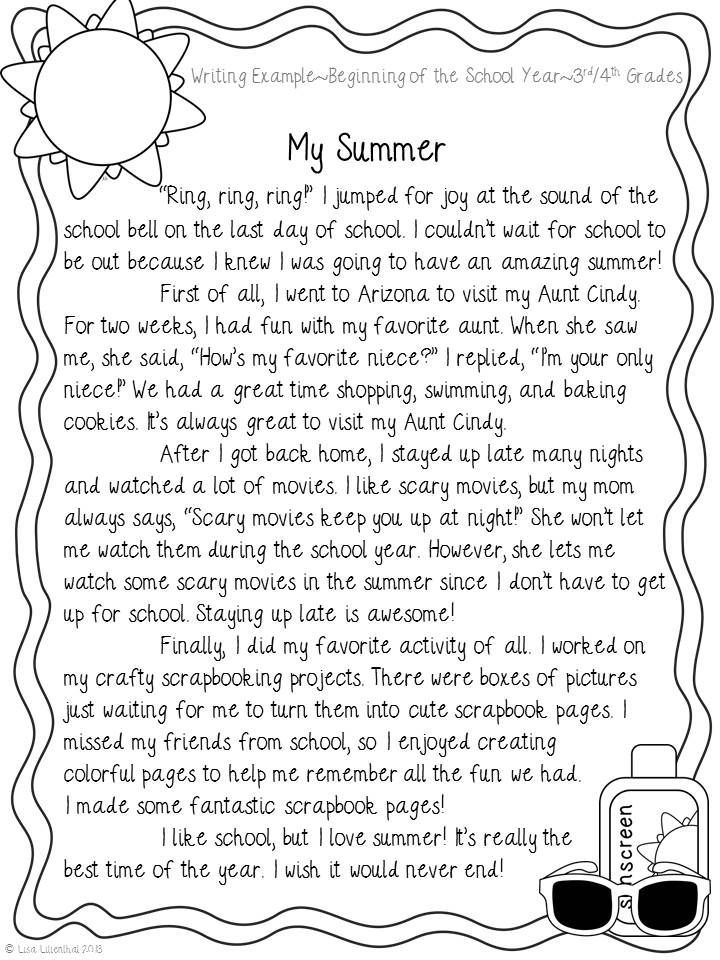 These fun first grade writing prompts will help them expand their skills while sparking their imaginations at the same time.
These fun first grade writing prompts will help them expand their skills while sparking their imaginations at the same time.
Fun Journal Writing Prompts for First Graders
Regular journal writing is a great way to get kids in the habit of writing, but the prompts need to be inspiring to make it fun. These journal ideas are age-appropriate and inspiring for younger kids who may only write a sentence or two.
- Pick a toy. If it could talk, what would it say?
- Where is one of your favorite places to visit?
- What's your favorite game? Why?
- Tell about a time you made someone laugh. What did you do?
- What holiday do you like best? What do you like about it?
- Tell about a place where you feel safe. What does it look like?
- What grown-up job looks the most fun?
- What is one thing you love about school?
- What makes a person kind?
- What do you like best about playing outside?
- What time of day do you like best? Why?
- What would you do if no one could see you?
- When you feel sad, what do you do to feel better?
- What did you do on your birthday?
First Grade Story Starters
Creative writing is especially fun for this age group, since they are so good at using their imaginations.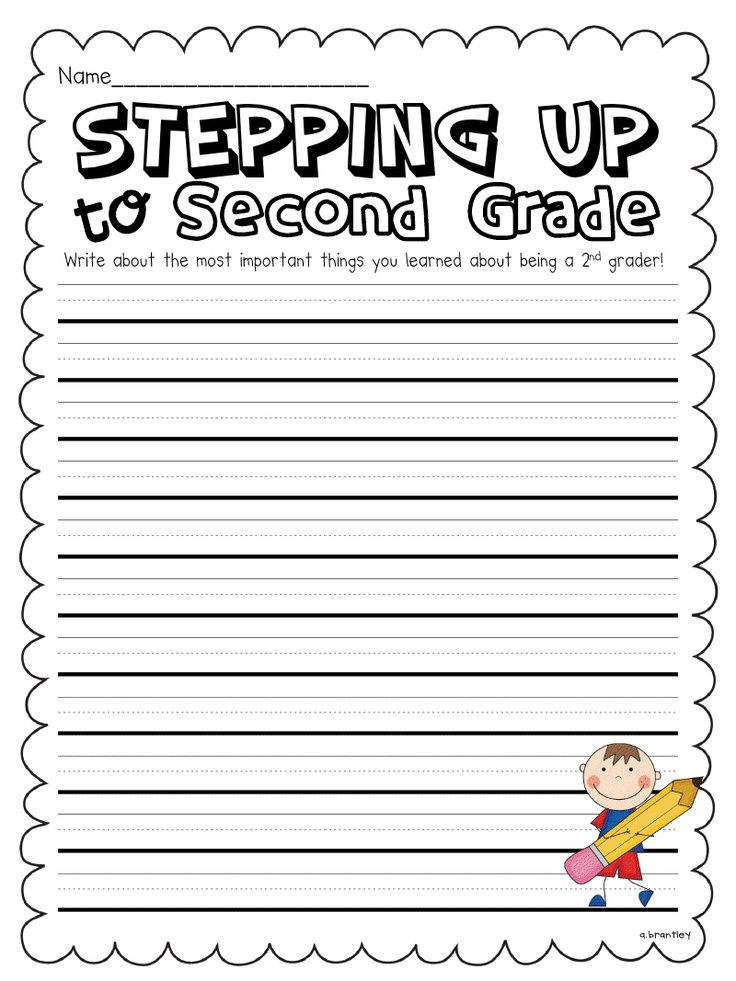 First graders love storytelling and fables. These creative story starters will get them thinking of wild and fun stories to share.
First graders love storytelling and fables. These creative story starters will get them thinking of wild and fun stories to share.
- Imagine you have a superpower. What is it? What do you do?
- What magical animal would you like as a pet? (Unicorn? Dragon?)
- If you met a talking mouse, what would you say to it?
- What if you could only bark instead of talking? Would you like it?
- You cannot use your hands for a whole day. What do you do?
- You get to make up a new game for first graders. How does it work?
- You find a magic rock. What does it do?
- You get to choose an adventure for your whole class. What do you pick?
- An adult in your family has to go to first grade for a day. What happens?
- You get one wish. What is it?
- While playing outdoors, you find a treasure. What is it? What happens next?
- If you had a pair of magical shoes, what would they do?
"I Think" Writing Prompts for 1st Graders
First graders are just beginning to understand the idea of sharing their thoughts and supporting their point of view.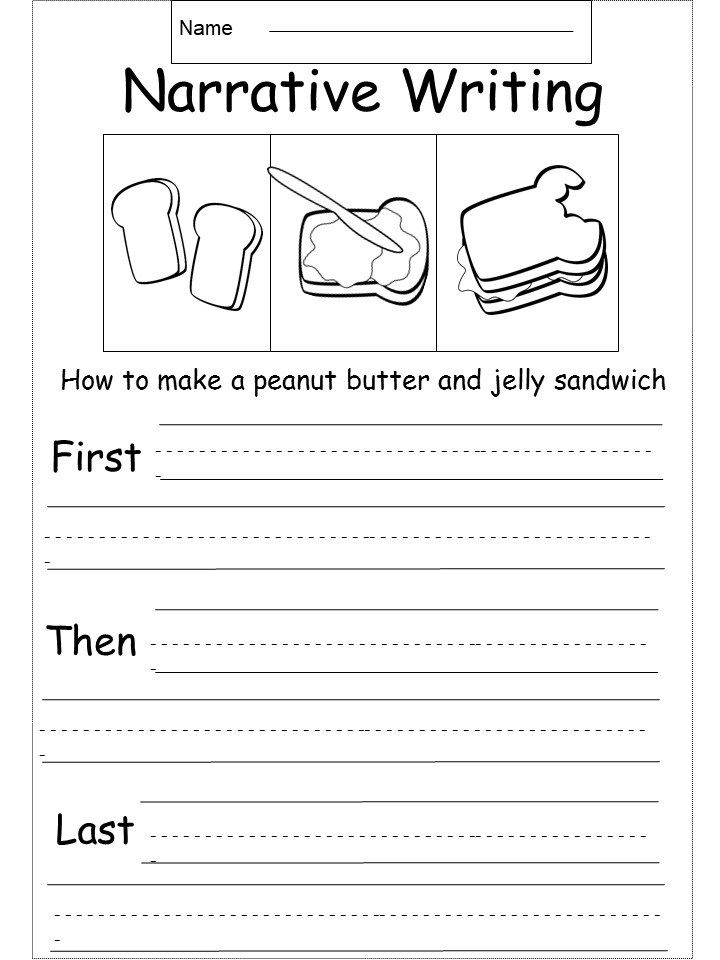 You can help 1st grade kids learn to share their opinions with this concept by using writing prompts like these.
You can help 1st grade kids learn to share their opinions with this concept by using writing prompts like these.
- Should kids get to choose their own bedtime? Why or why not?
- What flavor of ice cream do you like best? Why?
- What kind of animal do you think makes the best pet? Why?
- What do you think is the best book? Why?
- What is the best school lunch? Why do you like it?
- Tell about what a day in first grade is like.
- Would you rather climb a tree or read a book? Why?
- What toy do you like the most? Why do you like it so much?
- Do you like cold weather or hot weather best? Why?
- Would you rather ride a bike or walk? Why?
- What kind of cookies do you like best? Why do you like them?
- Would you like to live near the woods or in a city? Why?
- Why is it important to share with others?
First Grade Narrative Writing Prompts
First graders should also start learning how to write explanations and descriptions.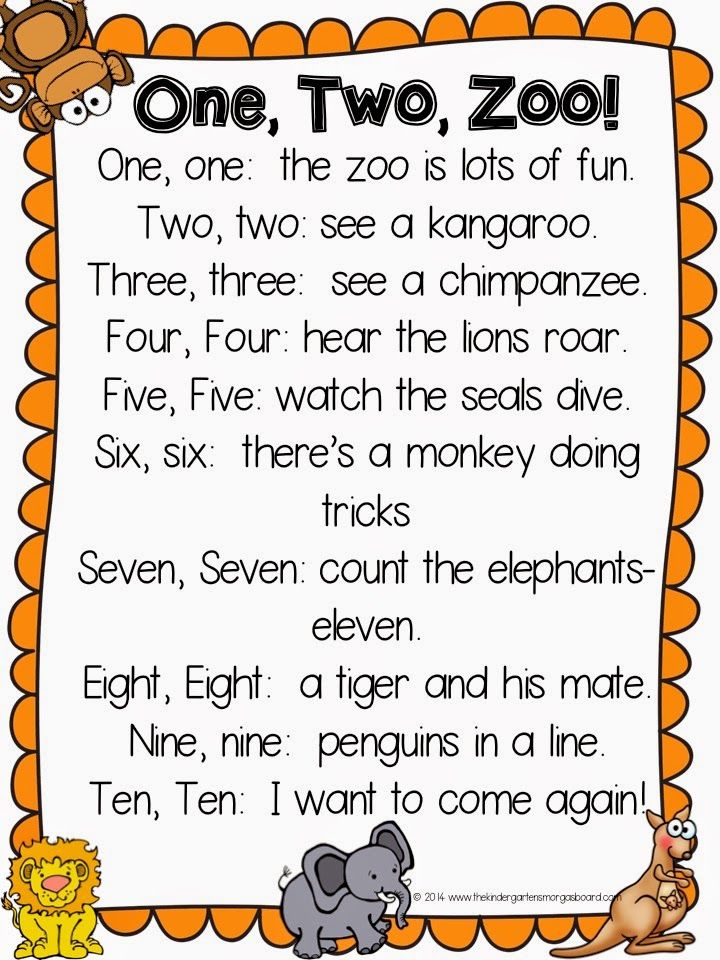 While they won't learn the phrase expository writing until later on in school, you can help them start developing related skills by using these prompts to encourage information sharing.
While they won't learn the phrase expository writing until later on in school, you can help them start developing related skills by using these prompts to encourage information sharing.
- Describe a kind person you know.
- Explain how to play a game you love.
- Write about what happens in your favorite TV show or movie.
- What kind of care does a pet need?
- Tell someone how to wash their hands.
- Describe your mom, dad or another adult in your family.
- What does your school look like?
- What are three things you did today?
- How do you get ready for school in the morning?
- How do you clean your room?
- What was your last art project?
Printable 1st Grade Writing Prompts Worksheets
When it's time to use first grade writing prompts, printables can be a great educational resource. The PDF below features a selection of the writing prompts from each category above, along with a printable worksheet that students can use to complete their writing assignments.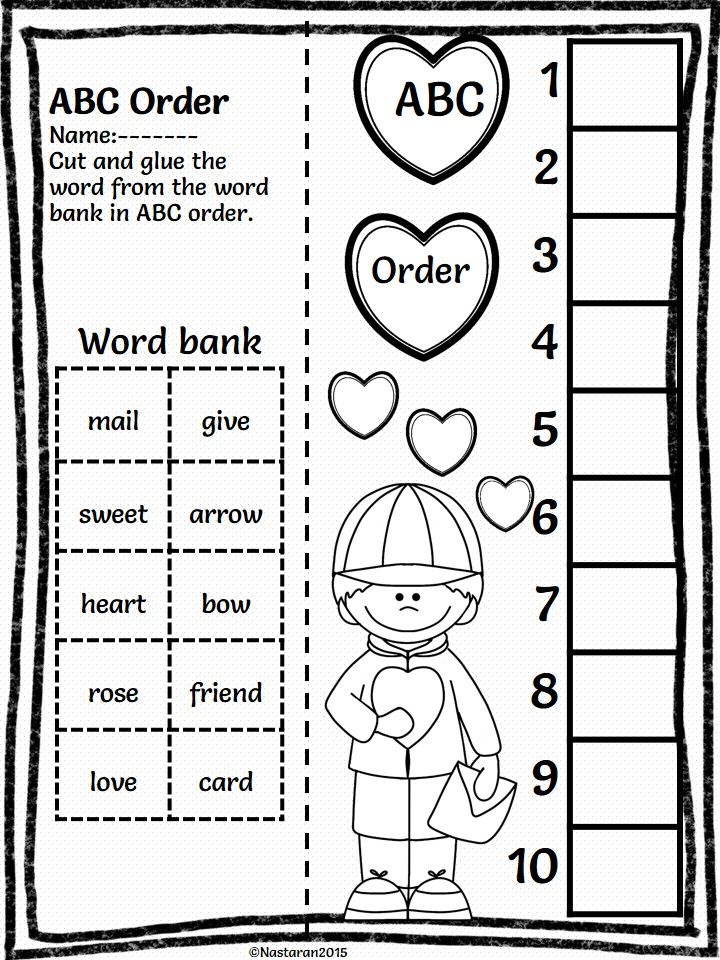 The worksheet has a spot for students to draw a picture to go along with their writing.
The worksheet has a spot for students to draw a picture to go along with their writing.
First Grade Writing Prompts worksheet
Click to View & DownloadMore Great Writing Topics for Kids
From these fun 1st grade writing prompts, you can move on to working on mechanics like capitalization. You can cover ways to express love and other emotions, how to write a thank-you note and more simple writing skills. Once kids start to enjoy writing, the world opens up for them in terms of communication. These first grade writing activities just might play a key role in helping students begin to love writing from a very young age.
Texts for cheating Grade 1 - NAMENOK
Cheating is one of the most common types of written exercises; used: in teaching the technique of writing and calligraphy; when teaching spelling and grammar, as a rule, with additional tasks
Lvov M.R.
In the 1st grade it is important to teach children to copy texts without mistakes.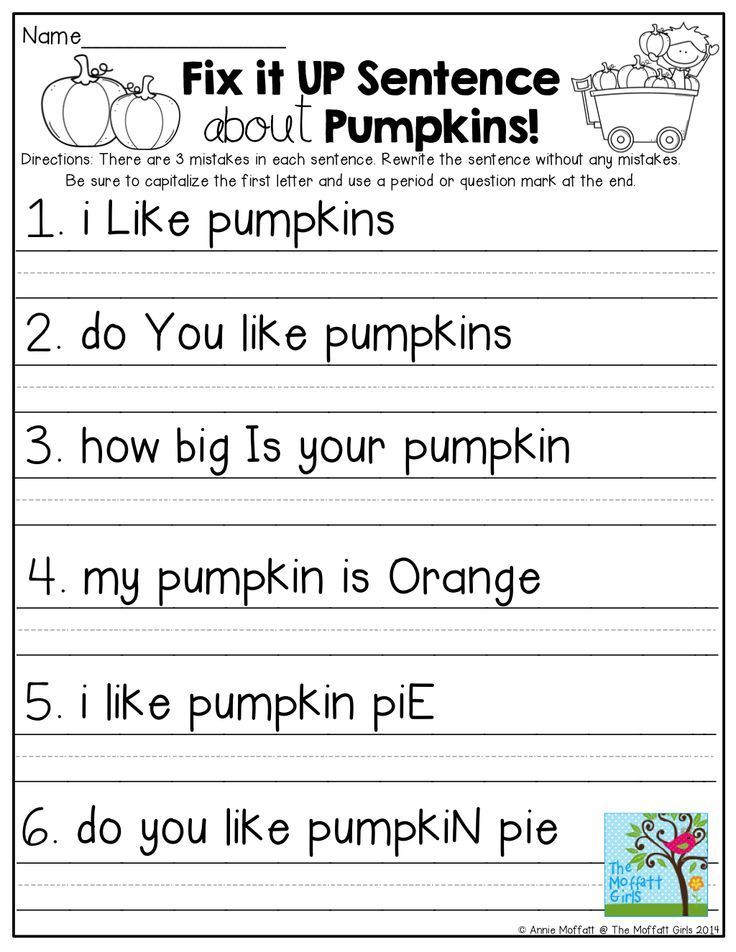 To do this, it is necessary to develop attention, spelling vigilance, memory.
To do this, it is necessary to develop attention, spelling vigilance, memory.
The algorithm will also help the child - a memo on how to correctly write off the text and complete tasks.
- Read the entire text to understand its content.
- If there are unfamiliar words in the text, find out their meaning.
- In the sentences, mark out the words in which you can make a mistake.
- Read the sentence spelling, pronouncing each word (as you would write it).
- Copy the sentence, pronouncing each word syllable by syllable.
- Test yourself.
- Read the tasks to the text carefully.
- Complete the tasks.
- Check yourself.
Age-appropriate texts are taken for checking cheating in grade 1. They are of small volume and with passed spellings.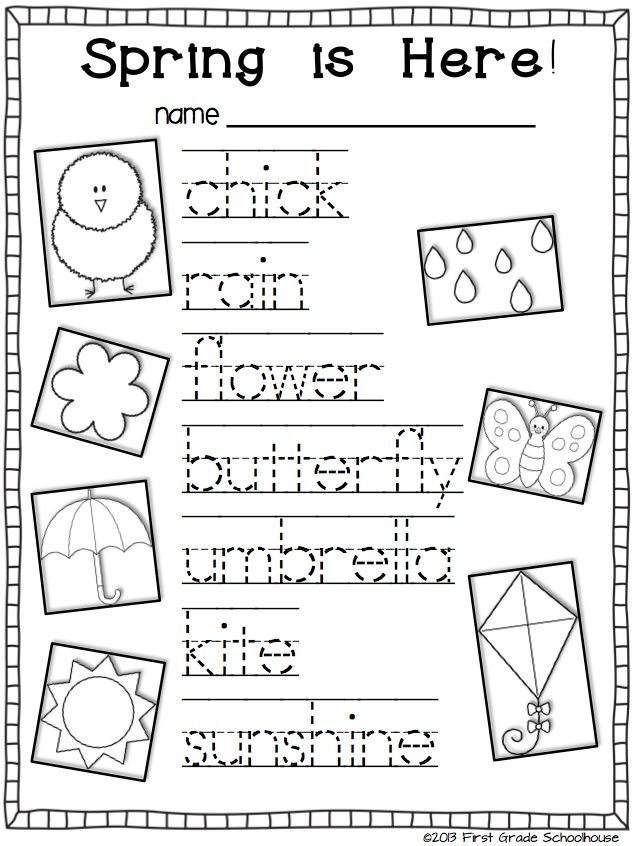 It is desirable to give even small tasks to the texts.
It is desirable to give even small tasks to the texts.
Tasks for cheating tests in grade 1 can be as follows:
- Put an accent.
- Divide into syllables.
- Underline the spelling (specify).
- Highlight the vowels (in red).
- Highlight soft consonants (in green).
- Highlight the hard consonants (in blue).
- Make a sound scheme of the word.
- Separate words (specify) for hyphenation.
Sleep. Divide the words into syllables and put the stress. Highlight the vowels with red dots below.
- A beautiful bush grew in the forest. The bush bloomed with bright flowers. It was a rosehip. Good scented roses. Asya began to pick roses. And there are spikes. Asya has a splinter.
- A big red cat is lying on a tree.
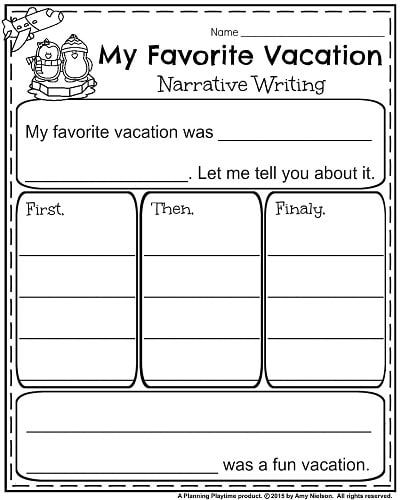 The cat has green eyes and fluffy tassels on the ears. The strong paws of the beast dug into the trunk. This is a lynx.
The cat has green eyes and fluffy tassels on the ears. The strong paws of the beast dug into the trunk. This is a lynx.
- In the mornings and evenings all the forest dwellers sing and play. Finches and thrushes sing with sonorous voices. Woodpeckers are drumming. An owl hoots. Owl hoots. Bumblebees and bees buzz. Frogs purr and croak.
- A tractor is walking across the field. A flock of rooks flies behind the tractor. They walk around the arable land and choose worms from it. Lots of food will be found. Birds fly into the grove. They fly to their nests to feed the rooks.
- I want to read. Uncle Kuzma bought me a primer. There are letters and pictures. Here is an elk and a horse. And these are Christmas tree cones. I enjoy reading.
- The boys Misha and Seryozha lived with their grandfather. They helped grandfather dry the net. Grandfather taught the boys to fish. The children loved working with their grandfather.

- There is a big mountain in the forest. The whole day on the mountain is a crowd of children. Alexei and Olga have skis. They run fast down the mountain. Yura has a new sled. He rides kids.
- It was snowing in the morning. The teddy bear was sitting on a stump. He raised his head. The kid counted the snowflakes that fell on his nose. Snowflakes fell fluffy and white.
- Borya and Olya were in the garden. Plums, apples and pears grow there. Good juicy plums! Borya took a cup of plums. He brought them home. At dinner, the whole family ate plums.
- The children often went to the grove. In the spring, fragrant lilies of the valley bloomed there. And in summer, children saw the fluffy tail of a fox. Today they met a hare. He has long ears.
Sleep. Select the spelling zhi - shi.
- Winter has come. Fluffy snow fell. Nice white snowflakes. Misha has a sled. And Klava has skis.
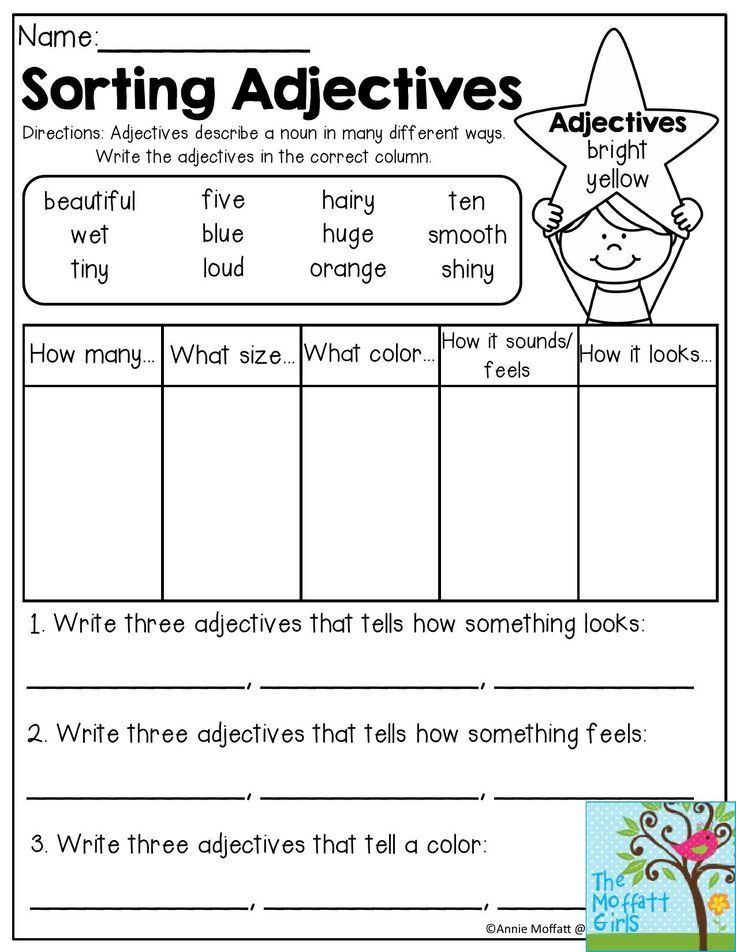 They go to the park.
They go to the park.
- It was a hot day. The grove was filled with bright light. The stream gurgled softly. Lilies of the valley grew under the tree. They were good.
- Dasha has fragrant lilies of the valley. Natasha and Grisha have hedgehogs and siskins. Fluffy cat Ryzhik lives with Seryozha and Alyosha. Write, but don't rush.
- A fluffy snowflake lies on a cone. Masha and Yasha have a car. Masha has pencils. Glasha has skis. Sergei made mistakes. These are our fluffy mice.
- A mouse runs and sees: a bump lies on the snow. And the evil ferret is crawling in mouse tracks. Here's a mouse grab. And the mouse suddenly dived into the snow. And there is none.
Sleep. Select the spelling cha - cha.
- Borscht needs sorrel. Grasshoppers chirp. The squirrels were given a cup of tea with tea leaves. They squeak in more often jackdaws. The grandchildren drank tea at their grandmother's.
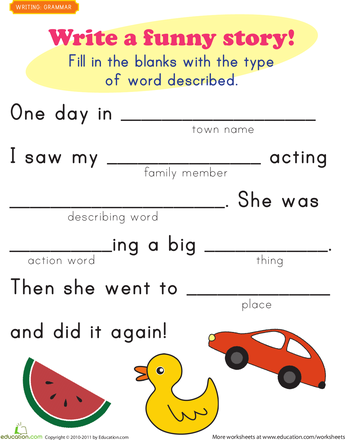
- Shepherd dogs were playing on the playground. We often go to visit Anya Chaikina. The wolf cubs roar at the key. Farewell, dear bunnies! It's already one o'clock. I often walked in the forest.
- Masha has guests. The children were playing in the garden. Then they tore pears and sorrel. There is a teapot and cups on the table. Now the children will drink fragrant tea.
- Nastya and Misha were picking sorrel in the meadow. Grandma will cook cabbage soup out of it. Delicious green cabbage soup!
Write off. Select the spelling chu - shu.
- The sun has disappeared behind a cloud. There were frequent drops. Puddles on the ground after rain.
- We are going to the dacha. We have a wonderful garden there. In spring, lilies of the valley bloom in the garden. In summer, pears ripen there.
- I'll drag the little pike's little pike. I'll look for a scarecrow in the closet.
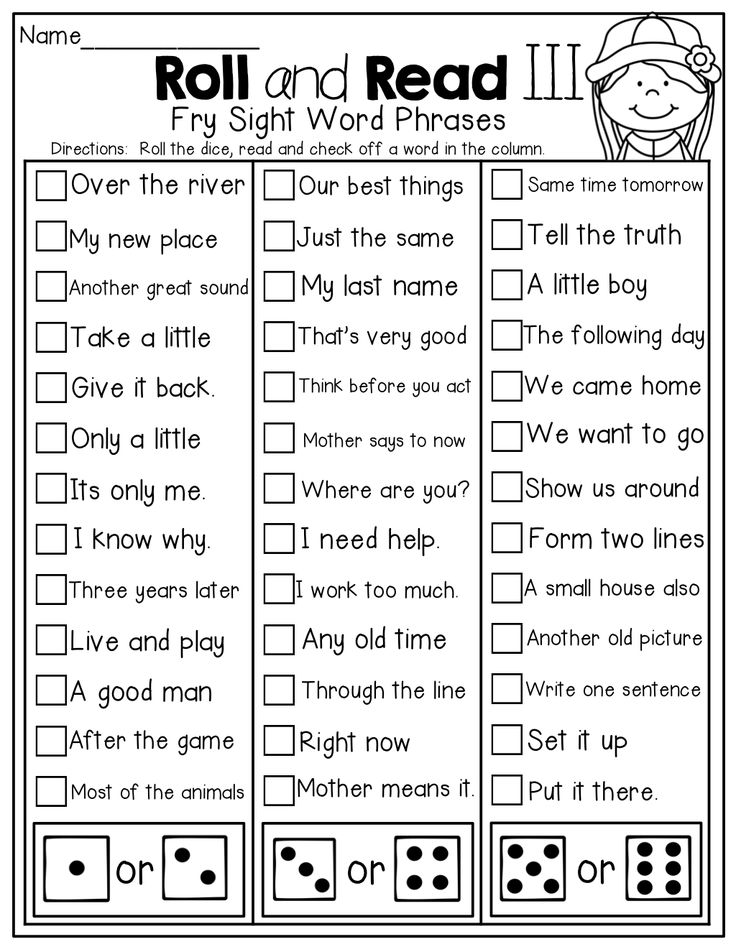 I'll pull the monster out by the tentacle. I knock on the closet. I'm looking for stockings. The grubby grumbler narrowed his eyes. I want to be silent.
I'll pull the monster out by the tentacle. I knock on the closet. I'm looking for stockings. The grubby grumbler narrowed his eyes. I want to be silent.
- A wonderful pig looks at the cloud. I call the doctor at the dacha. I shout to my friend. I saw a wonderful grove. I learn the words, I learn and I'll get an A. I want to say nothing.
- Kolya and Dima were by the river. They were fishing. Kolya caught a pike, and Dima caught a bream. Suddenly Kolya saw a cloud. Drops of rain fell. The boys ran home.
- I want to plant vegetables. I'll take a shovel in the closet. I will find a place for each vegetable. I'll bring a watering can. I'll put stakes in the garden. I will grow carrots, parsley, dill. I will treat my friends.
- Crows roam the groves and meadows all summer long. And in winter they live near human habitation. It's easier to find food here. In the yards, crows are looking for food.
Sleep.
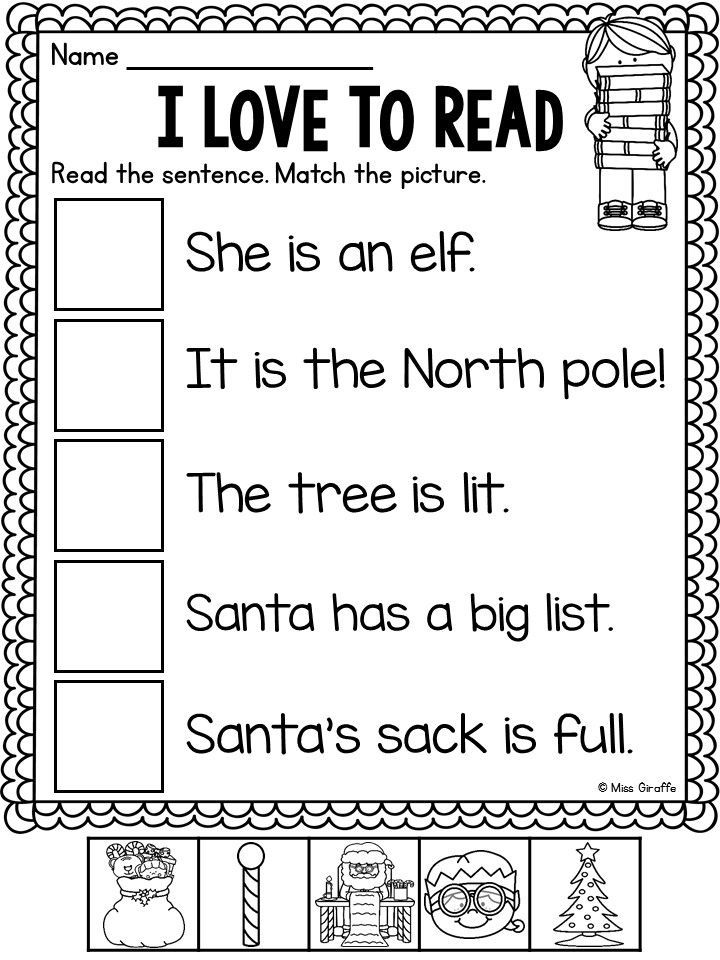 Select the spelling chk - ch.
Select the spelling chk - ch. - Daughter feeds a bird - a titmouse. A squirrel sits on a Christmas tree. A pike swims in the river. Light a candle from the stove. On the bump lies a solid barrel. Point at the end of the line.
- Winter. Severe frost. A tit flew up to the window. The children were at the window. The guys opened the window. The titmouse flew into the room. The bird was hungry. The children fed her.
- A boy and a girl often run into the forest. There they look for cones, tear sorrel. Birds sing merrily in the forest. A tame squirrel lives in a hollow.
- Dasha has siskins and titmouses. All day long they merrily jump and sing. Dasha loves them. She feeds the birds well and cleans their cage.
- Chanterelle dragged a juicy duck. The sunny days have arrived. Tanechka brought flowers and mushrooms. Roses and asters in a vase. They read a fairy tale about a duck to their granddaughter.
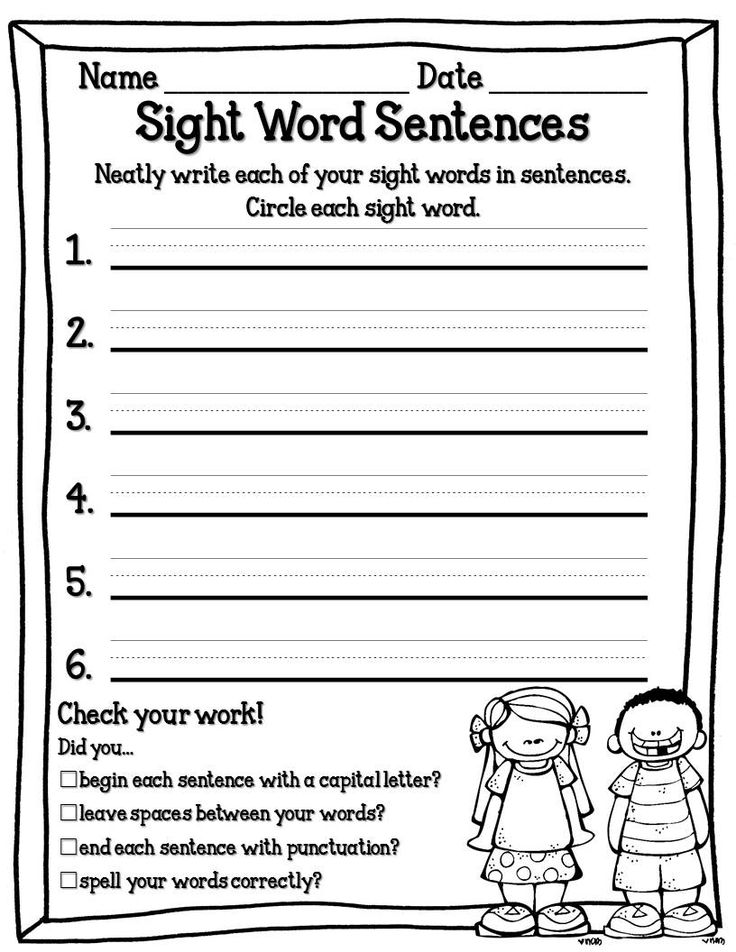
- All summer we lived in a dacha. Our cottage is on the banks of the river. Uncle Vasya bought us wonderful fishing rods, and a new car for himself. We ran to fish. In the evening we caught a pike.
Sleep. Emphasize b - an indicator of softness.
- Vanya sat on a stump. Vanya's stump was like a horse. He took the whip and began to drive him.
- Wonderful day! Dolphin in the sea. Olga loves dolphins. It's good to play with them!
- Patients came to the doctor. They were a bear, a seagull and a small deer. The doctor began to treat them.
- Ilya and Ulyana went for a walk. It was a warm day. They sat down under a tree. There was a thick shadow.
- It is raining heavily. Sick little Kuzka lies under the porch. Olga tied up the puppy's sick paw. The boys brought bread and milk.
- It is very cold. The stump is covered with snow. Olga and Kuzma took skates.
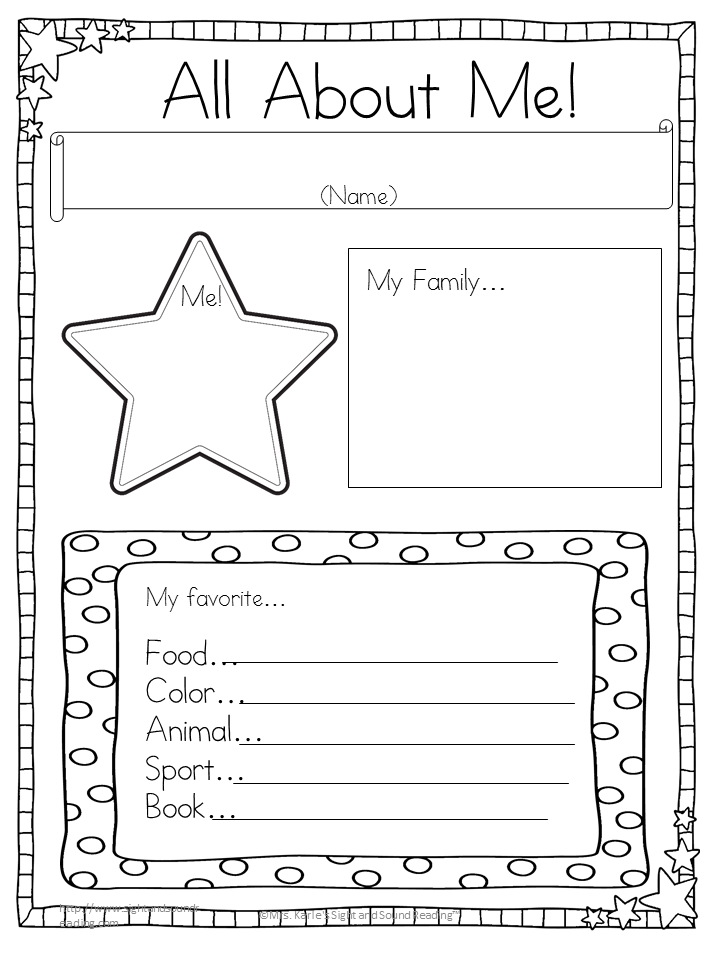 The skates slide on the ice. Here is a big mountain. Schoolchildren are carrying sleds. There are beautiful carvings on the sled.
The skates slide on the ice. Here is a big mountain. Schoolchildren are carrying sleds. There are beautiful carvings on the sled.
Sleep. Underline the capital letter in the names and surnames.
- It was a warm day. Ilyusha and Yulia went to the forest. The branch cracked. This red squirrel darted into the hollow.
- The rain beat on the pipe. The kitten Vaska was sitting on the window. Thunder struck. Vaska got scared of the storm and ran away.
- Our friends dogs were the first to go into space. The scientists sent them to reconnaissance. Laika, Belyanka and Motley, Squirrel and Strelka, Chernushka and Zvezdochka flew in rockets. Dog Brave has been in space five times.
- Soft snow falls easily. There is a Christmas tree on the edge. Denis Chashchin and Oleg Schukin decorated the Christmas tree with rowan berries. Carrots and turnips were attached to the lower branches. A strong head of cabbage was placed under the tree.
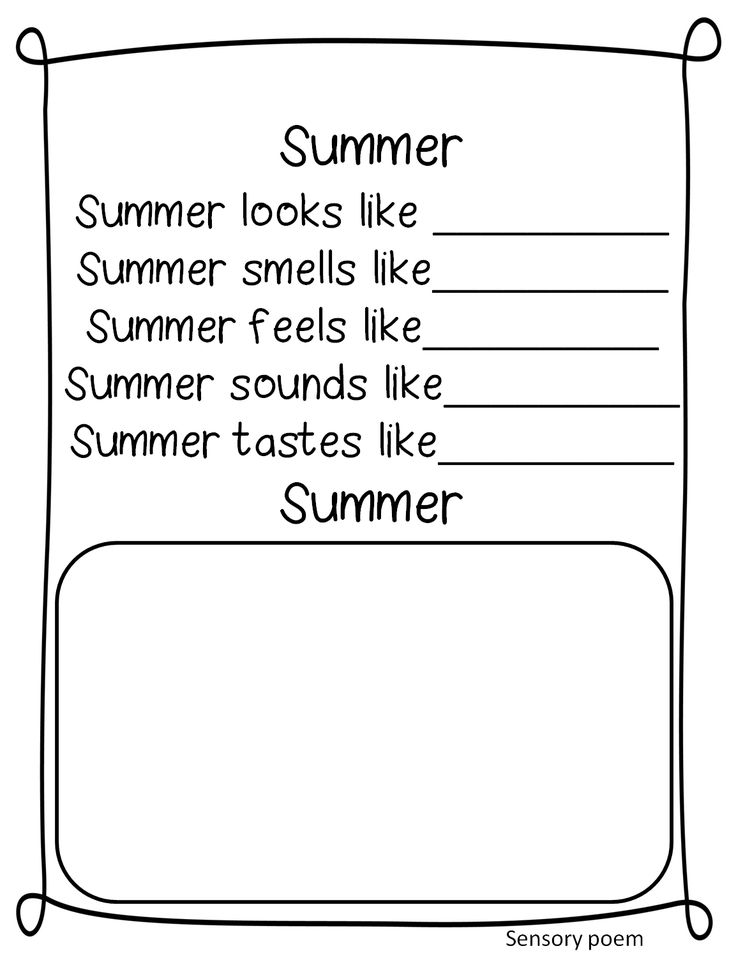 In the morning a flock of birds flew in. In the evening, two hares treated themselves to sweet carrots and turnips.
In the morning a flock of birds flew in. In the evening, two hares treated themselves to sweet carrots and turnips.
- There is a fabulous tower on the stage. The dog Kroshka, the cat Fluffy, the raccoon Tishka, the cockerel Petya and the crow Karkusha live in it. The clowns Chup and Chup come out. Raccoon Tishka plays the drum. Crow Karkusha sings. Fluffy the cat rolls petya the cockerel in the cart.
- The sun got tired and went behind the grove. The earth warmed up well during the day. Grandmother Anisya and her granddaughter Olga were in the garden. They watered the beds with onions and dill. There is a bucket of warm water near the house. Olga slapped the water with her hand. The splashes fell on the dress.
- Vitalik was visited by his friend Serezha. In the bank he saw a fish. Serezha took out a whistle. Vitalik gave him a fish for a whistle. Serezha was happy at home. Vitalik was sad. He looked at the empty jar. He had a whistle in his hand.
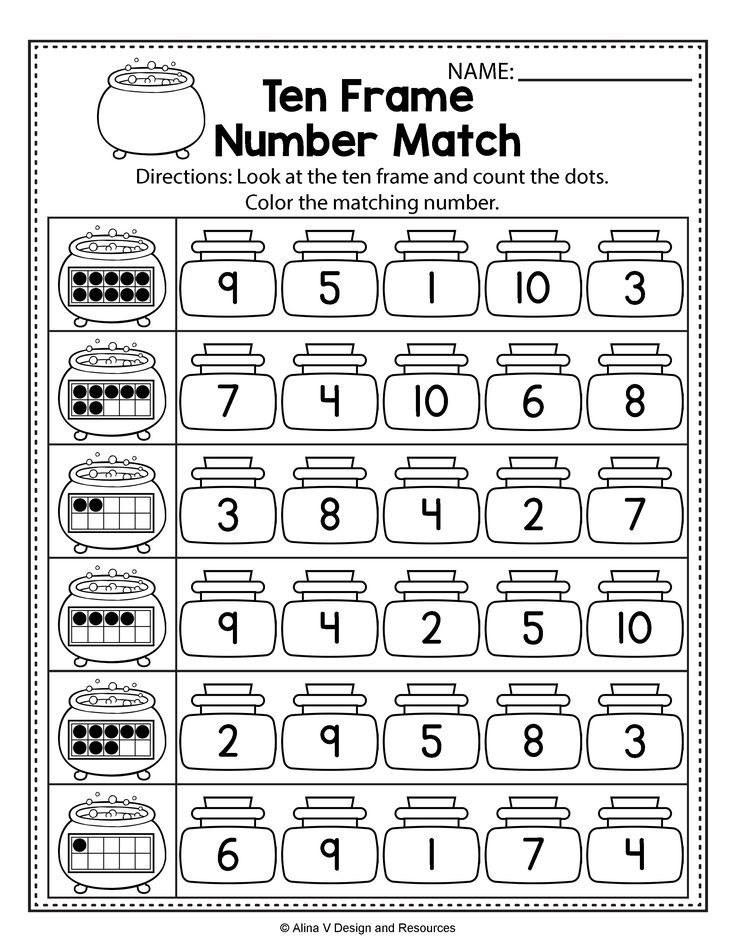 But the whistle did not please him.
But the whistle did not please him.
Also see: Dictations for the 1st grade in Russian
Reading and copying neurotexts helps to develop the child's literacy and teach him to copy without mistakes.
Perhaps this is one of the most effective exercises. I offer very effective manuals that contain such texts.
Olga Naumova "I read well, I write well" Autumn
Instead of boring cheating - interest and progress!
The motto of this neurotrainer.
The ability to read and write well is the key to successful studies.
Tasks of the workbook are directed to develop reading skills and error-free writing.
"Cunning" unusual ciphertexts maximally put the child's brain into work, at the same time developing attention! memory! reading technique! and the ability to write off without errors!
Therefore, we read texts, write them down and complete tasks.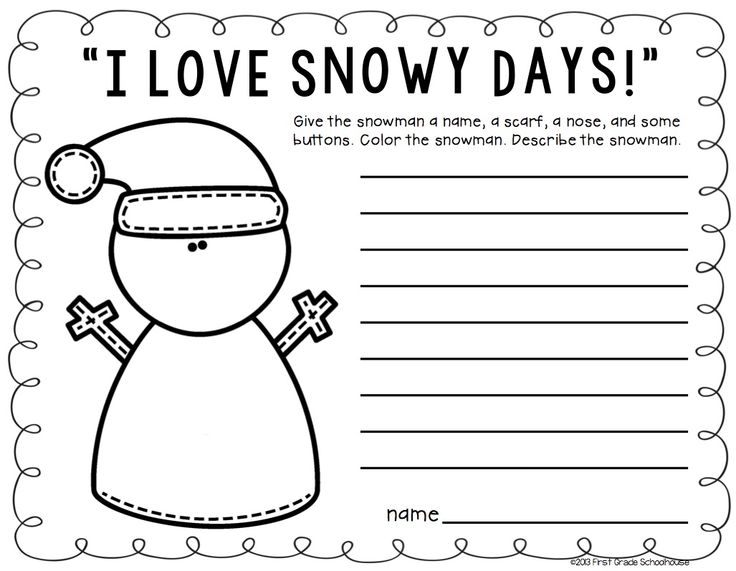
The workbook contains texts of varying complexity with individual assignments.
Who needs this allowance?
• A child who cannot read well;
• A child who makes many mistakes in writing;
• A child with poor attention and poor memory;
• A teacher who wants to diversify lessons and homework;
• A parent who wants to help their child and get an effective tool;
• A tutor who is interested in quick positive results for their student.
How will my child benefit from this benefit?
• Improvement reading technique ;
• Development of reading comprehension ;
• Level Up spelling vigilance ;
• Development attention ;
• Memory improvement ;
• Development of the skill of competent copying of texts;
• Vocabulary increase;
• Development of self-control skills;
• Increasing interest in learning.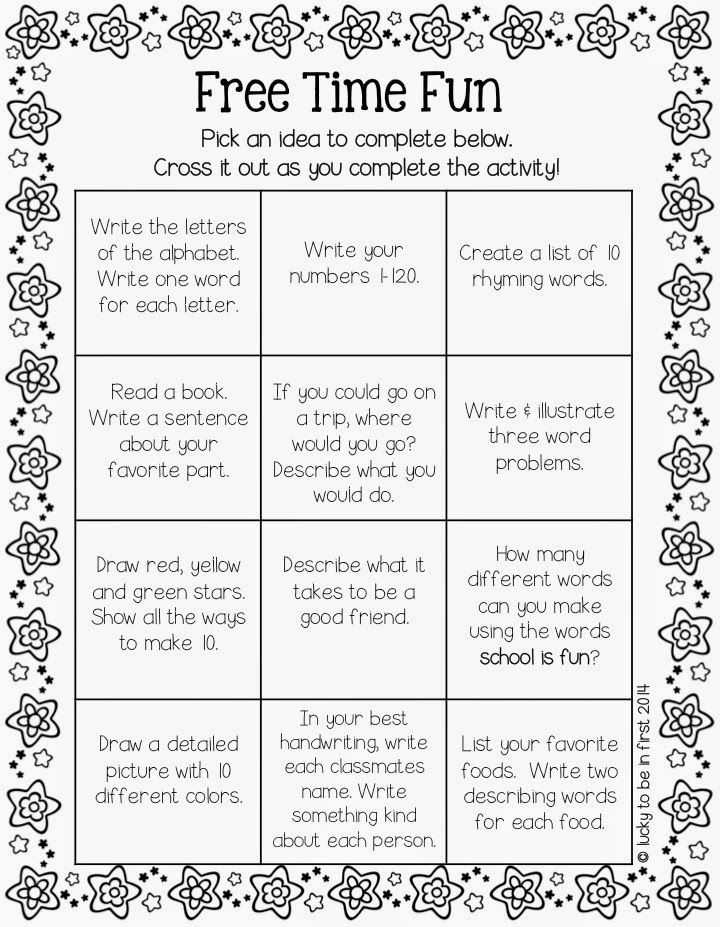
The recommended working method is detailed inside the manual.
PDF workbook, 72 pages.
Recommended age 7+
Suitable for individual and group work.
Download
Olga Naumova “I read well, correctly write” Winter
Download
I also recommend that you work with a child under syllabic tables or, for special training, ” and development of speech”, completing the tasks of which the child quickly reaches a higher level of reading quality and reading comprehension.
School performance largely depends on reading technique. To write off the same text, it must be read correctly.
Read more
O. Naumova large book of syllabic tables
Read more writing depends on the state of visual perception and attention of the child.
The better the child recognizes visual images, the better he reads and writes more competently.
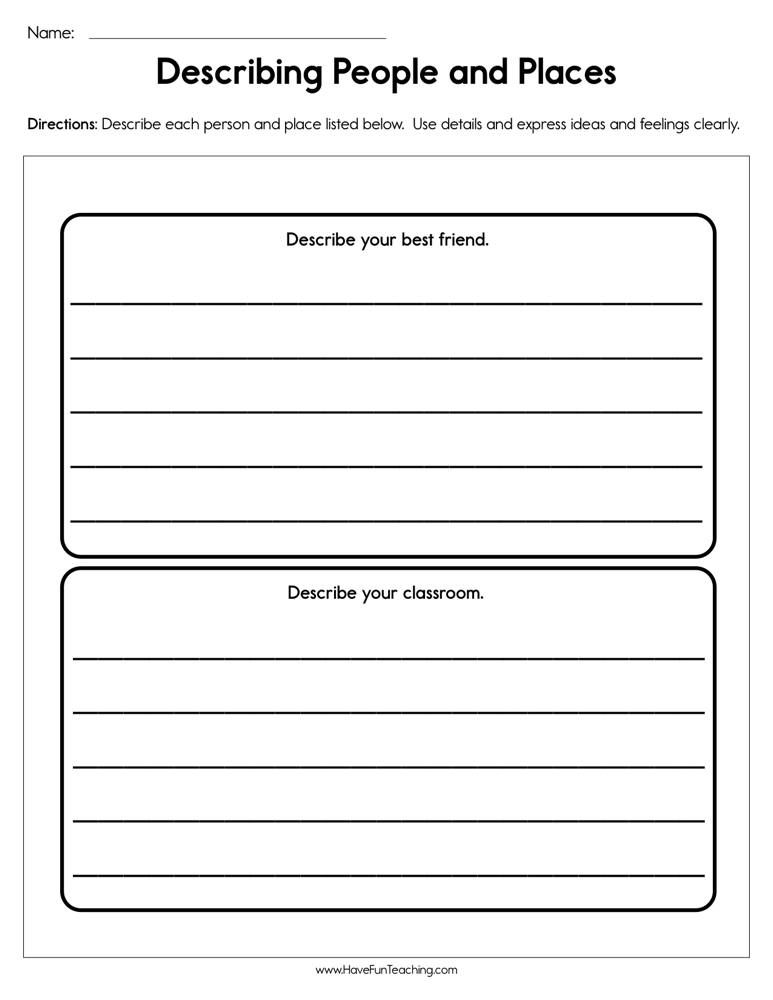
Working with noisy texts maximally engages the child's brain and greatly increases the productivity of classes. At the same time, there is a development of figurative thinking, attention, memory, the ability to understand what is read.
In the book you will find:
- Noisy texts with questions;
- Texts with questions for reading, retelling, checking reading technique;
- Method of working with noisy texts;
- Working options with maximum productivity;
- Exercises for developing speech and reading comprehension.
As a result, the child:
- increases reading speed;
- attention and memory develop;
- conscious reading skills are developed;
- develop self-control skills;
- speech develops;
- the number of writing errors decreases;
- the process of writing summaries and essays is facilitated;
- improvement of educational performance.
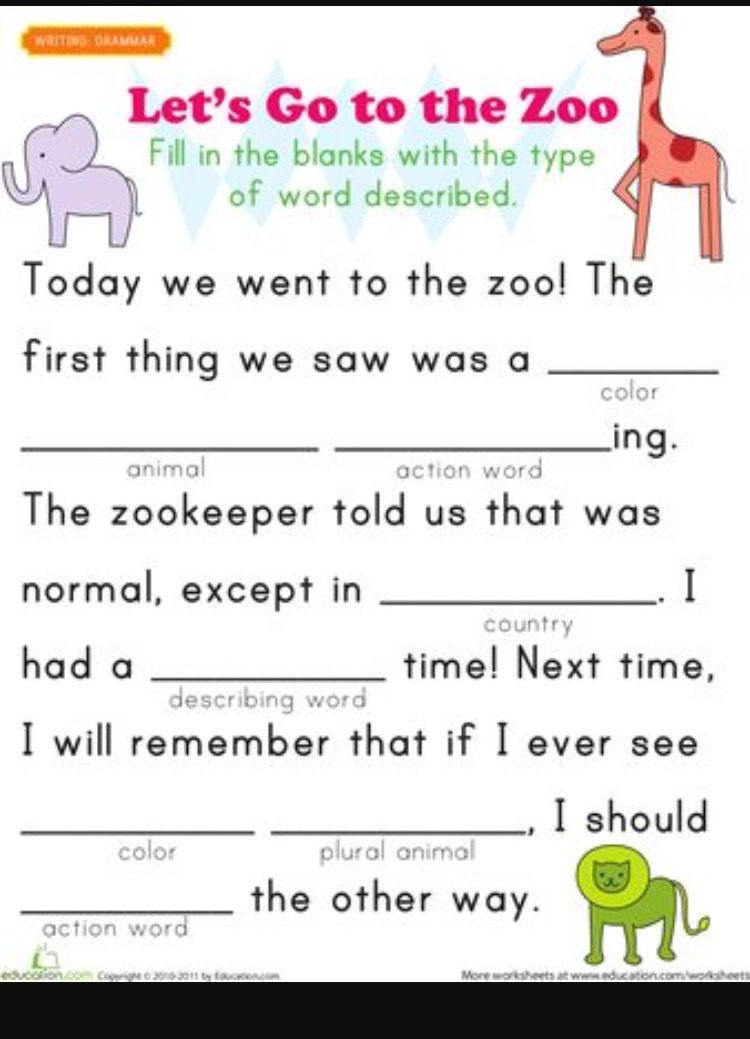
Suitable for individual and group lessons.
Easy to print and use.
The Noisy Texts book series consists of three parts.
Texts differ in the number of words, complexity and degree of noise.
It is desirable to work on all three levels of difficulty.
Level 1
Number of words in texts 25-55. A simple noisemaker.
Download
Level 2
Number of words in texts 35-75. Inclined skimmer.
Download
Level 3
Number of words in texts 45-95. Complicated noise.
Download
O. Naumova NEURO TRAINING Unstressed vowels
A large full-fledged TRAINING with a built-in system of exercises.
NEURO TRAINING will allow you to productively work out the most common and difficult spelling in the Russian language - unstressed vowels in the root of the word, checked by stress.
What will the TRAINING give:
- increase in the level of literacy;
- development of attention;
- activation of the brain;
- ability to apply acquired knowledge in practice;
- increase in the speed of information processing;
- speech development;
- memory development;
- improved school performance, etc.
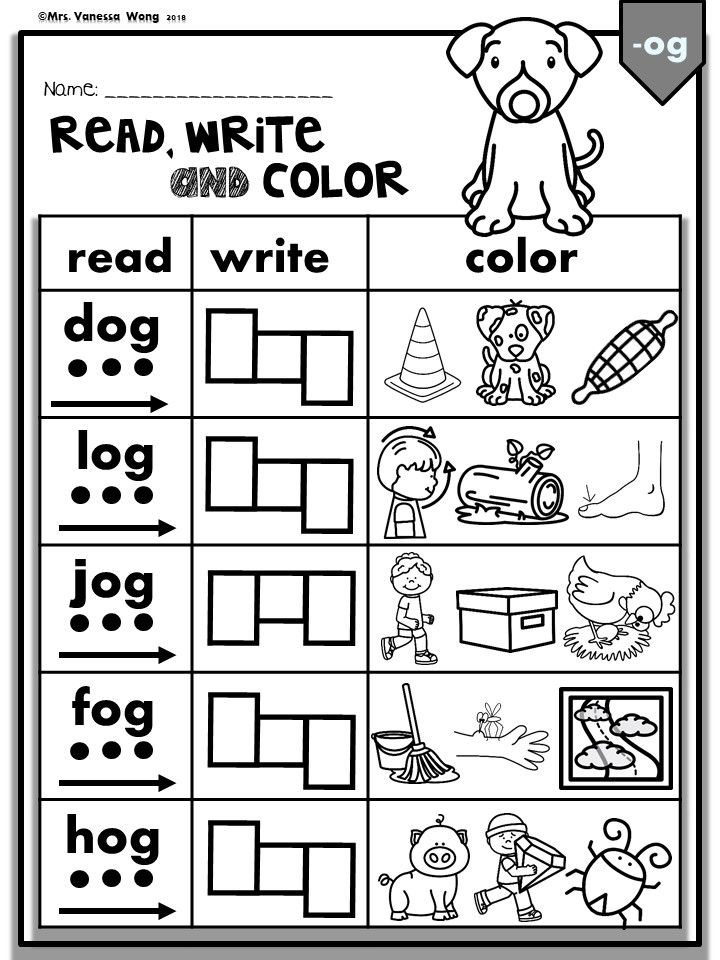
Who needs this TRAINING?
- A child who makes mistakes in writing;
- Parents who want to understand the topic and help their child;
- A teacher who uses non-standard and effective teaching methods;
- A tutor who wants to increase the effectiveness of their classes many times over.
What you will find in TRAINING:
- A well-thought-out and proven system of exercises;
- 200 pages of performance assignments;
- 9 levels of neuroexercises difficulty;
- Non-standard and most effective tasks on the main topic;
- Exercises for the development of speech;
- Additional tasks for exercises to develop knowledge of parts of speech, word composition, division into syllables, the ability to compose sentences, etc.
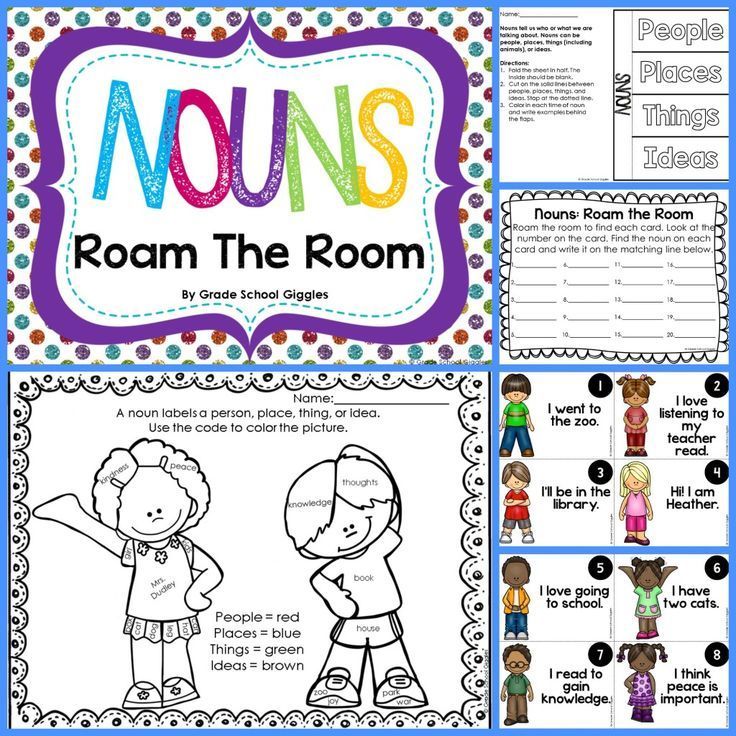
As a result of the TRAINING, the child will receive:
- the ability to see in texts and hear words with unstressed vowels;
- ability to select test words quickly and without errors;
- literacy in general;
- development of "spelling flair";
- error reduction;
- activation of the brain;
- development of thinking;
- increase in the speed of thought;
- improvement in academic performance!
SUITABLE FOR INDIVIDUAL AND GROUP WORK.
Download0001
In the first grade, cheating is perhaps even more important than dictation. Cheating teaches a child to be observant, trains concentration, the ability to transfer attention from printed text to his notebook.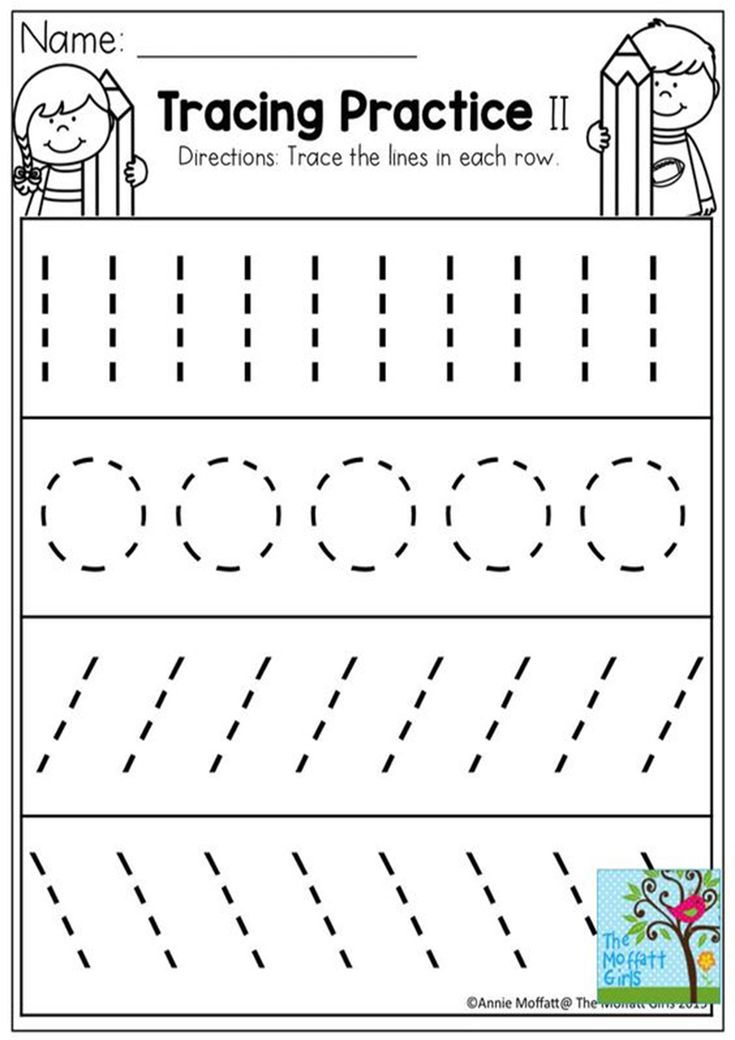
Evaluation of control cheating in Grade 1
Evaluation for control cheating is given in all classes according to the same criteria:
"5" - for impeccably done work, in which there are no corrections or errors.
"4" - for a work in which 1 mistake or 1-2 corrections were made.
"3" - for the work in which 2 errors were made.
"2" - for work in which 3 or more errors were made.
Pay attention not only to the number of errors and corrections, but also whether the height and correctness of lowercase letters are maintained when rewriting.
Texts for cheating in the 1st grade
Finch.
A wild rose bush grew near the house. A finch perched on a branch. The goat Zorka ran up to the bush. The finch got scared and flew away.
(19 words)
Snake.
A snake lurks under a wide sheet. I began to observe. The dog Sharik jumped on the old stump. The snake hid in the bushes.
(19 words)
Harvest.
The height of summer has come.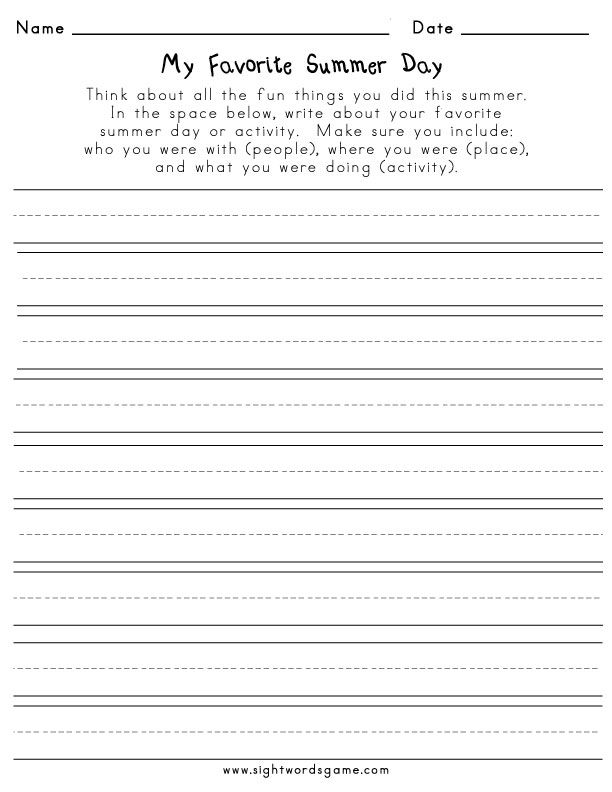 The bread is ripe. A combine has been driving through the grain field since morning. The weather is dry. People are in a hurry to harvest.
The bread is ripe. A combine has been driving through the grain field since morning. The weather is dry. People are in a hurry to harvest.
(20 words)
Spring.
Spring. Warm day. The rooks are crying merrily. Brooks murmur. The guys go to the river. Ice floes float on the water. Seagulls fly over the water.
(21 words)
In the forest.
An owl sat on an old stump. She blinked her eyes. A cone fell from the tree. The owl was frightened and flew away into the thicket of the forest.
(21 words)
Miracles.
A heavy downpour has passed. The river overflowed its banks. She flooded the meadow and flowers. The fishermen swam around the flowers. Miracles, and more!
(21 words)
Naughty.
The wind was blowing across the wide meadow. He was covered in white balls. A naughty bullet flew over the meadow. Here is a miracle. The balls are gone.
(21 words)
Master of the yard.
The rays of the sun filled the whole yard with bright light.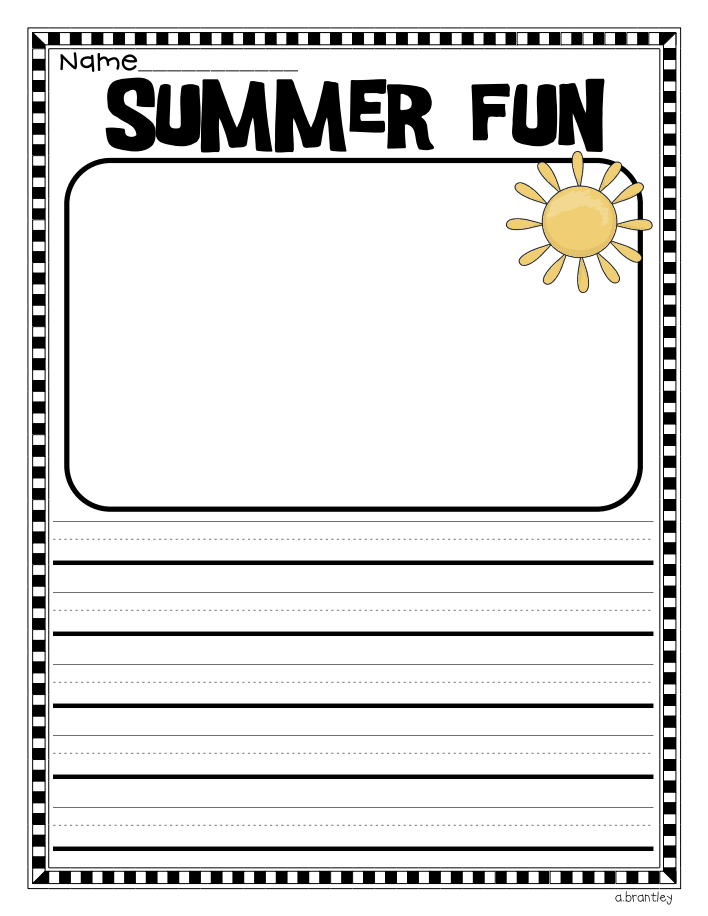 The rooster Yashka walked importantly around the yard. He is ugly and scares everyone. Yashka is the owner of the yard.
The rooster Yashka walked importantly around the yard. He is ugly and scares everyone. Yashka is the owner of the yard.
(22 words)
Geese.
The guys climbed into the poultry house. Alyosha took the gosling. The geese rushed at the boy and began to hiss. The poultry-keeper Dasha came out onto the porch. The birds are quiet.
(22 words)
A trip to see my brother.
Mitya came to Moscow to visit his brother Alyosha. Alyosha was a pilot. He showed Mitya a real plane. Mitya was very interesting.
(22 words)
Wonderful morning.
The grove wakes up with the first rays of the sun. A fresh breeze slightly shakes the reeds near the river. A hedgehog rustles in the grass. The birds begin to sing.
(22 words)
Woodpecker.
There was an oak tree in the forest. A woodpecker flew to the oak. He hollowed out a deep hollow in the trunk. Summer lived in it, took the children out and flew away.
(23 words)
Trouble.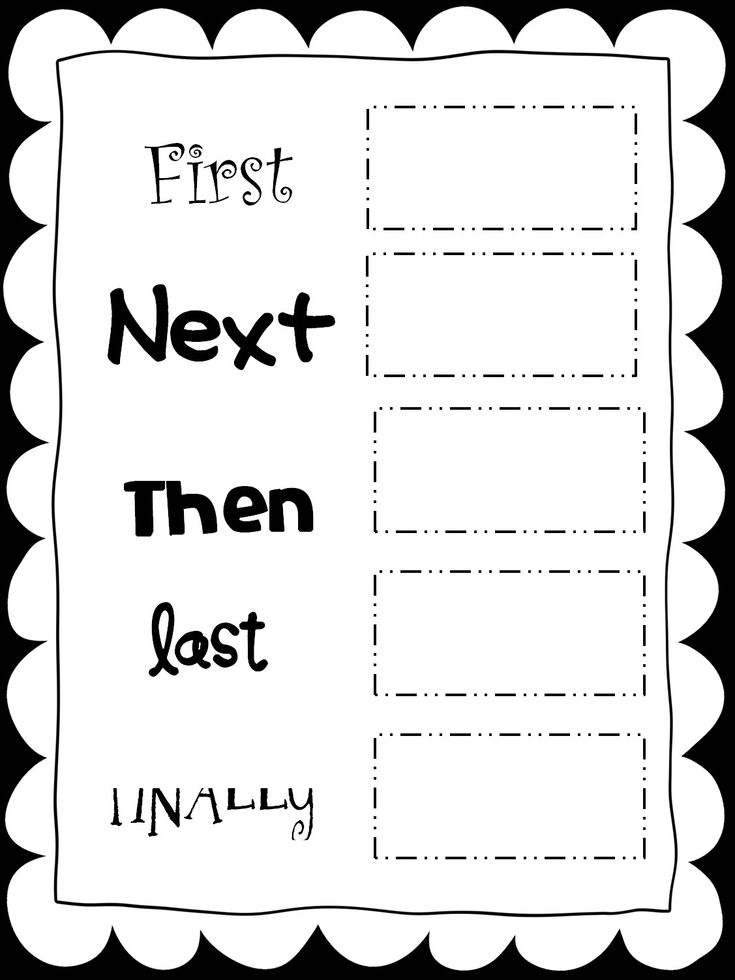
The pike swam in the basin. Vitya caught her. The red cat Vaska crept up. He pawed a pike. And pike have sharp teeth. The cat screamed.
(23 words)
My yard.
Here is my yard. I love to play in the yard. In winter, I sled a friend. In the summer we play hide and seek. We are having fun.
(23 words)
Rosehip.
Rose hips grew in Grandma Nyura's garden. Rose hips have sharp thorns. Katyusha pricked her finger. Brother Andrei took out a splinter. It does not hurt anymore. The girl smiled.
(23 words)
At home.
I am learning my lessons. There are books and an album on the table. Kids Alena and Dima are playing. They are building a tower of cubes. The dog Tyopa broke the tower with his paw.
(24 words)
Morning.
Morning. The birds sang merrily. The rooster and chickens were pecking at the grain. Vaska the cat drank milk. By the porch the dog Bug. The bug and the boy Yura will play.
(24 words)
Honey.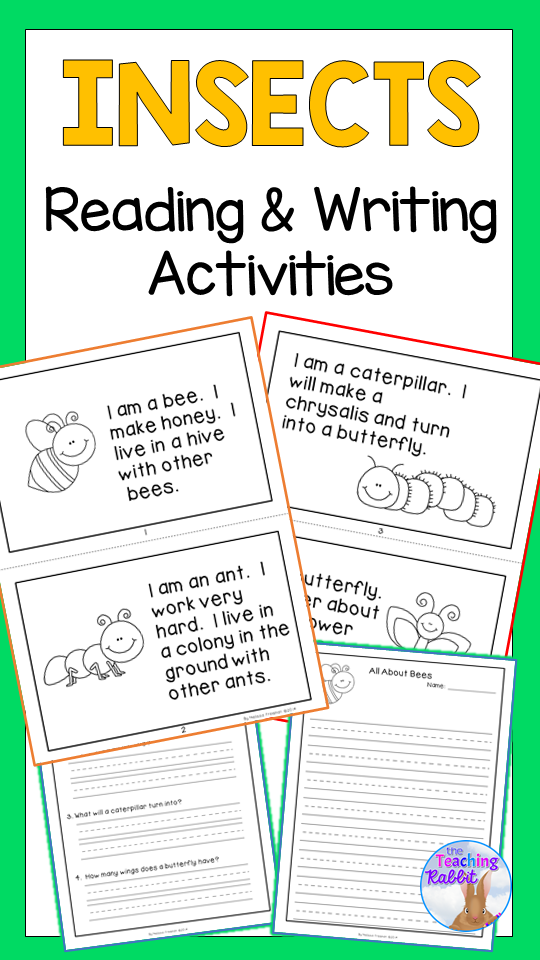
A bee is circling around a linden tree. She works all day. Brother Seryozha has an apiary in the garden. He gave us honey for tea. Good fragrant honey!
(24 words)
Violets.
I knew the forest well and could quickly find the hidden flowers. These delicate, fragrant flowers hide in dense grass - violets. Here are the nocturnal inhabitants of the forest.
(24 words)
In the summer.
Summer. Here is the village of Voyutino. Dawn cow in the meadow. She eats juicy grass. Our cottage is by the river. We fish there. Alyosha caught a pike and a bream.
(26 words)
Miracle.
In the spring, my mother and I planted a lily. She was supposed to be white. We have been waiting for a miracle for a long time. Here are five buds. I kept walking and admiring them.
(26 words)
Oak and spruce.
Spruce and oak grew in the forest. The spruce was big and fluffy. The oak was old with a hollow. There lived a squirrel. She was drying mushrooms on spruce branches.
(27 words)
May.
May. Good in the forest! Siskins and thrushes sing. Lilies of the valley bloom. A hedgehog rustles in the grass. A bee sits on a flower. The path is pine and oak. On the pine squirrel.
(27 words)
Grow and make us happy.
A beautiful flower grew on the edge of the clearing. It sprouted through the thickness of dry leaves. It is covered in moss. I removed the dry leaves. Grow and make us happy.
(27 words)
Good luck.
A warm morning has come. Deniska has new fishing rods. He runs towards the pond. The boy threw the bait. Here's luck! There was a pike on the hook, and then a bream. Grandma Lyuba cooked the fish soup.
(28 words)
At the old pine tree.
Happy squirrels were playing near the old pine tree. They were glad of the warm sun and warm summer. The fur coats of the squirrels turned red. The animals played all day long in the sun.
(28 words)
Cat.
Chickens were walking in the yard.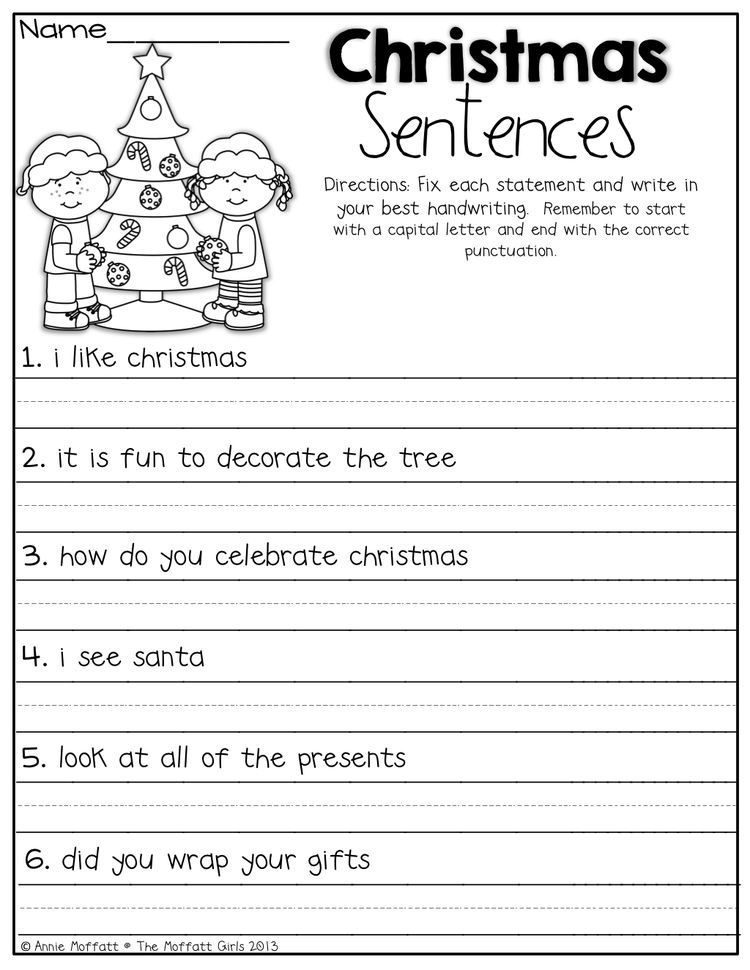 Sasha gave them food. Chickens ate grain and drank water. Barsik the cat was sleeping on the porch. So he got up and started running. The cat scared away all the chickens.
Sasha gave them food. Chickens ate grain and drank water. Barsik the cat was sleeping on the porch. So he got up and started running. The cat scared away all the chickens.
(30 words)
Misha and the puppy.
Misha walked along the path to the forest. Suddenly a small puppy ran out. He whined piteously. The boy took the puppy and named it Beetle. The puppy grew up and became a big and kind dog.
(30 words)
Morning.
Fog floats from the lake to the forest. He looked into the bowl. Bushes and grasses are doused with white milk mist. Quiet in the forest. Only dry leaves rustle in the wind. She scared the rabbit.
(30 words)
In the grove.
I am walking through the forest. Zhulka runs nearby. The grove is filled with bright light. A warm breeze plays with flowers and herbs. Midges fly between the trees, bumblebees buzz angrily. All around life and joy!
(31 words)
At school
We have a good school. I am in first grade.